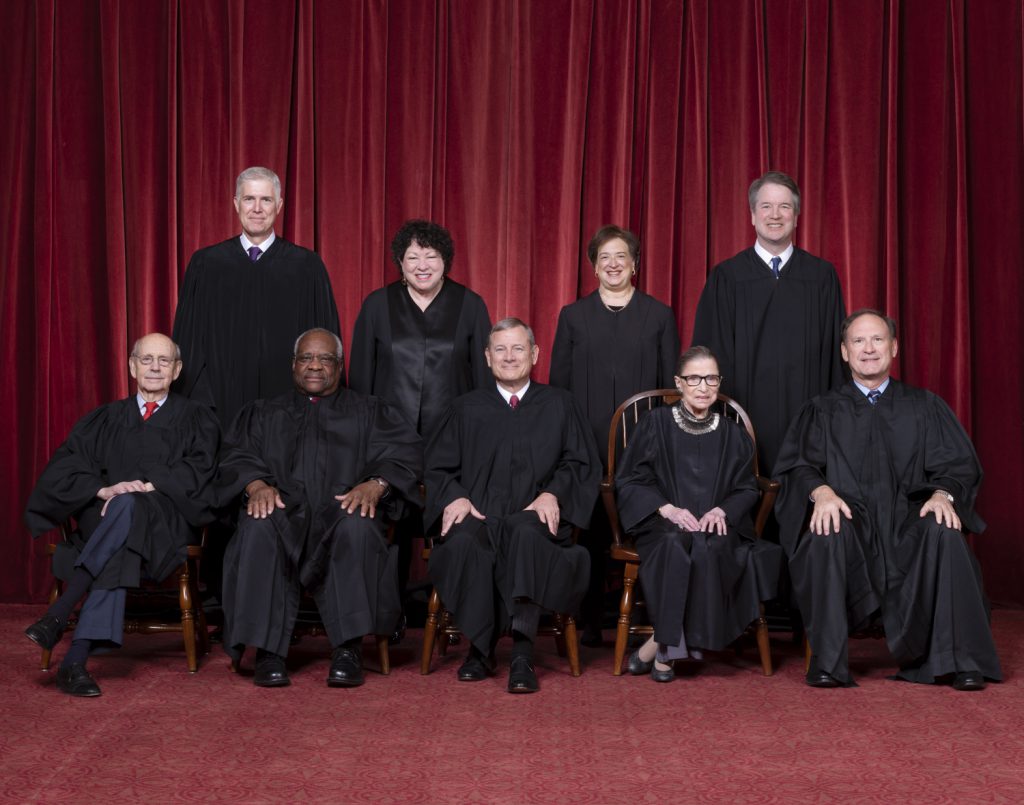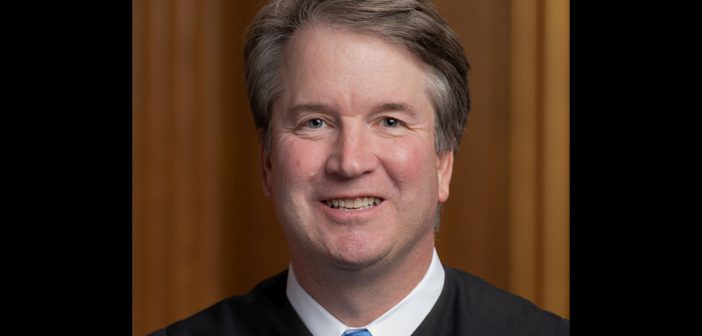Justice Brett Kavanaugh has once again piqued the hopes of the Pro-Life movement, authoring a concurring opinion explaining the thought process and situations in which United States Supreme Court precedent has and should be overruled, notably citing a core historical abortion case as an example.
Stare decisis is the concept that justices should respect prior Supreme Court rulings in the interest of maintaining a steady legal system that is reliable and not frequently upended by the transition of new justices to the Court. This legal concept is often invoked in defending the “right” of killing unborn babies through abortion on demand.
In his concurring opinion to the decision on Ramos v. Louisiana, released on April 20, Justice Kavanaugh lays out his commentary on stare decisis. He noted that despite overruling precedent before using various factors, the Supreme Court has not established any “consistent methodology or roadmap for how to analyze all of the factors taken together.” Although the Ramos decision has nothing to do with abortion, Justice Kavanaugh’s roadmap and thought process is of interest to Pro-Life court observers.
Kavanaugh observes that “all Justices now on this Court agree that it is sometimes appropriate for the Court to overrule erroneous decisions. Indeed, in just the last few Terms, every current Member of this Court has voted to overrule multiple constitutional precedents.” He cites several examples of past Supreme Court decisions that were later overruled, particularly on high-profile issues. He specifically references Planned Parenthood v. Casey, a key case in abortion jurisprudence in which “the Court reaffirmed what it described as the ‘central holding’ of Roe v. Wade, the Court expressly rejected Roe’s trimester framework, and the Court expressly overruled two other important abortion precedents.”

Kavanaugh does not consider overturning precedent as a trivial decision. Instead, Kavanaugh takes factors historically relied on by the Court in various cases to overrule precedent, combining them into three integral questions:
Is the prior decision not just wrong, but grievously or egregiously wrong?
Has the prior decision caused significant negative jurisprudential or real-world consequences?
Would overruling the prior decision unduly upset reliance interests? (In other words, would overturning precedent unnecessarily upset the reliability of the Court?)
If these three high standards are met, Kavanaugh concludes, a precedent should be overruled. He includes that this standard is high enough that the number of cases that will meet all three requirements will be few, thus ensuring legal stability.
Despite the fact that this opinion was completely unrelated to abortion, Kavanaugh’s reference to an infamous abortion case and the insight into his view of stare decisis is an indication of his possible approach to abortion-related cases. The opinion does not explicitly state how Justice Kavanaugh would rule on a case regarding abortion, however these comments are cause for hope that he would find that Roe v. Wade satisfies all three criteria for overruling this erroneous and destructive precedent in favor of protecting all preborn Americans.
Texas Right to Life has long believed that Texas should lead the fight to challenge the legal foundation of Roe v. Wade. Texas is uniquely situated in the United States Court of Appeals for the Fifth Circuit that routinely rules favorably for state interests in protecting preborn Life as a counterbalance to the artificial constitutional right to accessing an elective abortion. Every legislative session, Texas Right to Life urges our elected officials to pass legislation that is both bold and prudent. Too often our legislators and other organizations opt for ceremonial or minor Pro-Life policies that do not challenge fallacies embedded in Roe. We commit to pressing for aggressive legislation that is tailored to force the SCOTUS to face the inconsistencies or errors in their previous abortion cases. Justice Kavanaugh has reaffirmed that the Pro-Life movement must be strategic. Most of all we must be bold so that the “erroneous precedent” can be overturned and millions of American preborn lives may be saved.


